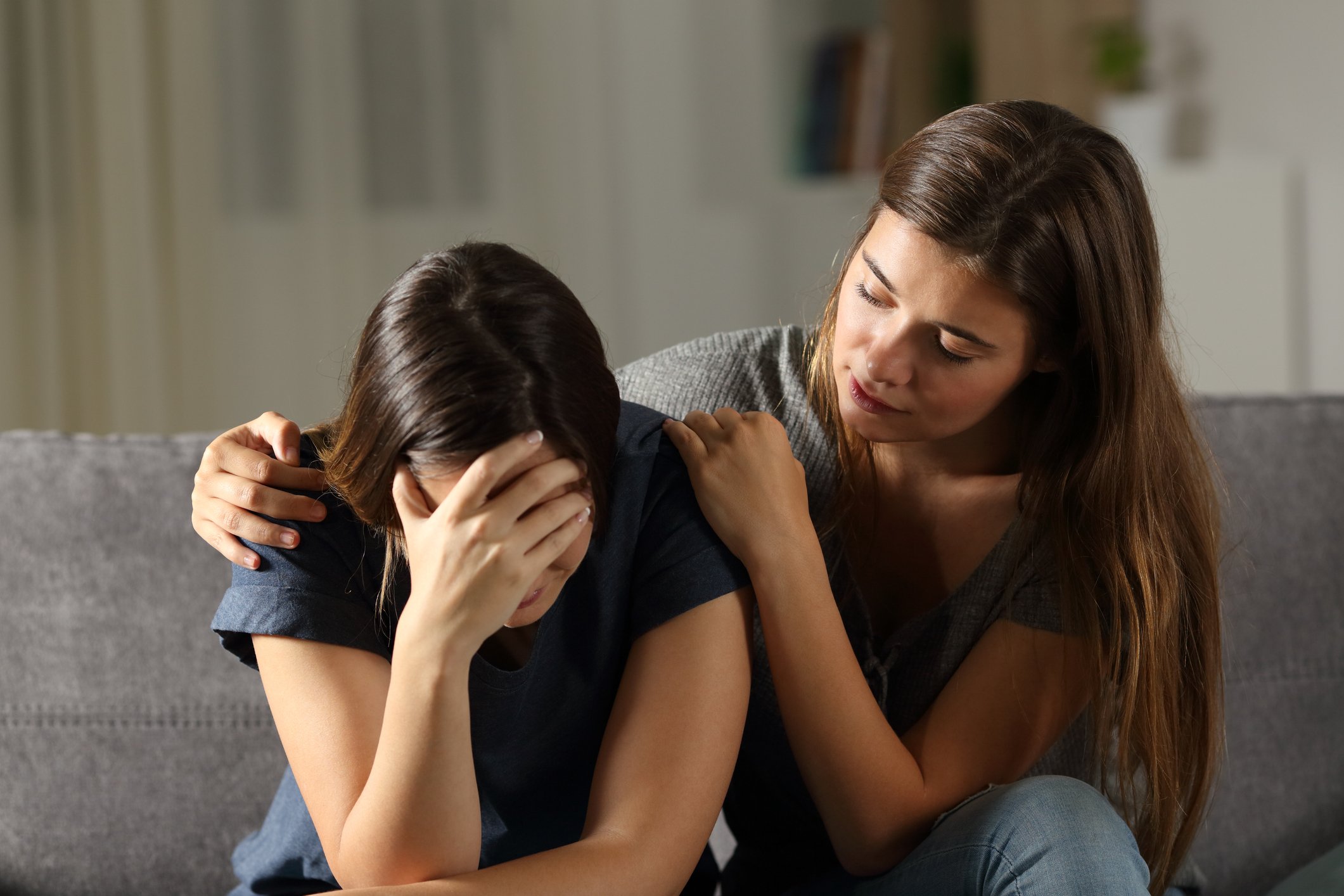Speak Up, Heal Strong: Opening Up About Eating Disorders
Introduction
Eating disorders thrive in silence. They often begin quietly—skipping meals here, obsessing over calories there—until the thoughts become louder than your own voice. Whether you're battling an eating disorder yourself or watching someone you care about struggle, know this: healing starts with speaking up.
But talking about something so personal can feel scary. Maybe you're afraid people won’t understand. Maybe you don’t even have the words yet. That’s okay. This article is here to help you find your voice, break the silence, and take that first brave step toward healing.
What Is an Eating Disorder?
An eating disorder isn’t just about food. It’s a mental health condition that affects how someone thinks, feels, and behaves around eating, weight, and body image. Common types include:
Anorexia nervosa – avoiding food, extreme weight loss, fear of gaining weight
Bulimia nervosa – binge eating followed by purging (vomiting, excessive exercise, etc.)
Binge eating disorder (BED) – eating large amounts of food in a short time, often secretly
Orthorexia – an obsession with “clean” or “healthy” eating taken to harmful extremes
Eating disorders can affect anyone—regardless of gender, age, race, or body size. They’re not a phase or about vanity—they’re serious and treatable.
Why It's Hard to Talk About
Many people stay silent because:
They’re ashamed or embarrassed
They’re scared they’ll be judged or misunderstood
They worry about losing control or being forced into treatment
They don’t feel “sick enough” to deserve help
But here’s the truth: you don’t need to hit rock bottom to deserve support. If food, your body, or eating takes up too much space in your mind, it’s valid. And you are allowed to ask for help.
Why Speaking Up Helps
Talking about what you're going through can feel like ripping off a plaster—but that’s often when healing begins.
Naming the struggle takes away its power
It opens doors to support, therapy, and recovery
It helps others understand what you're going through
It reminds you: you are not alone
Studies show that early intervention leads to better outcomes. The sooner you speak up, the sooner healing can start.
“When teens speak up about their eating struggles, it’s the first — and often most powerful — step toward recovery. It replaces secrecy with connection.”
How to Open Up About an Eating Disorder
Speaking up doesn’t have to be perfect. Start small, be honest, and remember: courage isn’t about feeling ready—it’s about doing it anyway.
Who Can You Talk To?
A trusted friend or sibling
A parent or guardian
A teacher or school counsellor
Your GP or a mental health professional
Helplines (scroll down for links)
What Could You Say?
If you don’t know how to begin, try this:
“I’ve been struggling with my relationship with food, and I think it’s affecting my health and happiness. I need someone to talk to.”
“I don’t feel okay around eating and my body, and I’m scared it’s getting worse.”
You don’t have to explain everything all at once. Just let someone in.
What Healing Can Look Like
Recovery looks different for everyone. It’s not about being “perfectly healed.” It’s about making peace with food, your body, and yourself.
Healing Might Include:
Therapy (especially CBT or eating disorder specialists)
Working with a GP or nutritionist
Journaling or expressing yourself creatively
Learning coping tools that aren’t about control
Surrounding yourself with support—not shame
There will be ups and downs. That’s normal. What matters is that you keep choosing healing—even when it’s hard.
Real Talk: Social Media and Body Image
Let’s be real—TikTok, Instagram, and even fitness apps can be triggering. If your feed is full of “what I eat in a day” videos, body check selfies, or toxic diet culture:
Unfollow or mute those accounts
Follow recovery-positive creators
Remind yourself: what you see online is edited, filtered, and often unhealthy
Helpful Resources (UK + Global)
Beat Eating Disorders UK
https://www.beateatingdisorders.org.uk
Helpline: 0808 801 0677 (open 365 days a year)
Shout Crisis Text Line
Text “SHOUT” to 85258 (UK, free 24/7 support)
National Eating Disorders Association (US)
https://www.nationaleatingdisorders.org
Helpline: 1-800-931-2237
Podcasts:
You’re Not Alone – personal recovery stories
The Recovery Warrior Show – expert interviews & tips
Books:
“Brave Girl Eating” by Harriet Brown
“Goodbye Ed, Hello Me” by Jenni Schaefer
Final Thought
You are more than your body.
You are more than your eating habits.
Speaking up isn’t weakness—it’s strength.
Even if your voice shakes, speak.
Even if it feels messy, start.
Because healing begins when silence ends.
FAQ’s
-
If your thoughts about food, weight, or your body feel obsessive, distressing, or interfere with your daily life, that’s a red flag. You don’t need a diagnosis to deserve help.
-
Try someone else. Not everyone knows how to respond well—but that doesn’t mean your struggle isn’t real. You might also contact a helpline or speak to a GP directly.
-
Absolutely. Around 1 in 4 people with eating disorders are male, but many go undiagnosed due to stigma. Help is for everyone.
-
In most cases, professionals will work with you, not against you. You're part of the plan. You won't be forced into anything unless your health is at serious risk.
-
Yes, recovery is 100% possible. It takes time, support, and patience—but many people go on to live full, happy lives free from disordered eating.







